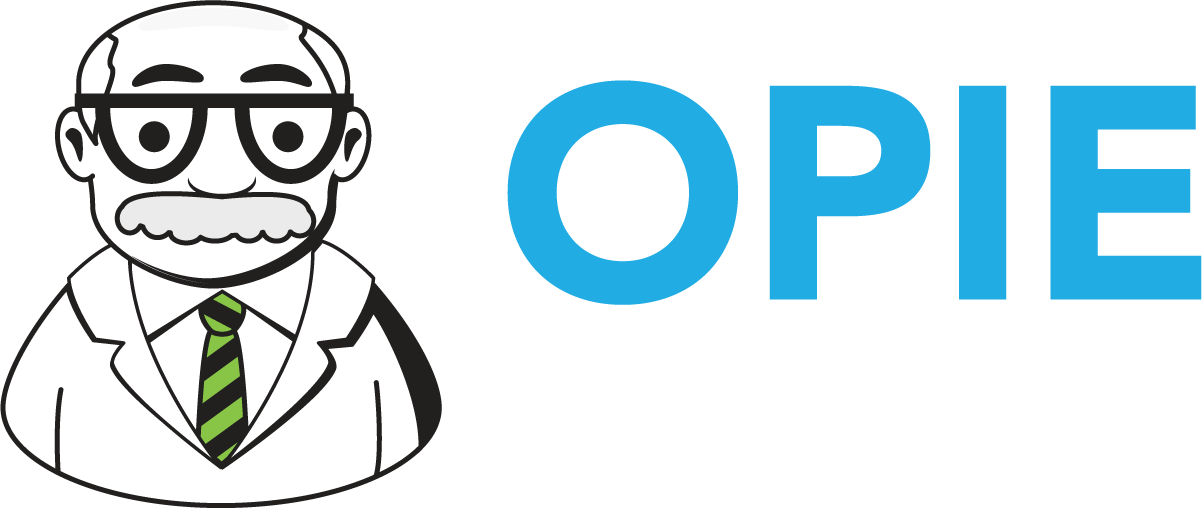Strategic Decision-Making with The Power of Intentionality
Can you believe this is already Labor Day weekend? As we round out the year, we should be looking at how we have done so far and what we might do to meet our organization’s annual goals during this last quarter. It’s our “follow-up visit” for the practice. Our environment is dynamic, to say the least. From national politics to the O&P field, there is change afoot. There is one thing I can guarantee you though…hope is not a strategy. The decisions you make today can have far-reaching implications for your practice's future. And to be clear, not making a decision is a decision to let the status quo continue. When assessing your practice, and really in all matters, approaching decisions with intentionality and strategy is crucial. By doing so, you can ensure sustainable growth, maintain high-quality patient care, and foster a thriving work environment. I trust your mission statement contains some element of those aspirations.
I intentionally used two words in the title that are similar, but different. Let me explain. As a leader, it is crucial to understand the difference between intentionality and strategy. These concepts, while related, serve distinct roles in guiding actions and achieving goals.
Intentionality is a philosophical concept that refers to the capacity of the mind to be directed toward or represent objects, ideas, or states of affairs. It is often described as the "aboutness" of mental states, meaning that thoughts, beliefs, desires, and perceptions are always about something. For example, when you think about a KAFO, your mental state is directed toward the concept of a KAFO. Intentionality involves the representation of objects whether they exist in reality or not, and it is a central topic in the philosophy of mind and language.
Strategy, on the other hand, is a practical concept used in planning and decision-making. It refers to a comprehensive plan or set of plans designed to achieve long-term goals, especially under conditions of uncertainty. Strategy involves setting objectives, determining actions to achieve those objectives, and allocating resources to execute the actions. It is about making choices that position an organization or individual to succeed in a competitive environment. Strategies can be pre-planned or can emerge as patterns of behavior as circumstances change. In business, strategy is critical for defining how an organization competes, what its goals should be, and what policies are necessary to achieve those goals.
Intentional decision-making involves shifting from default habits to practices that align with company values. This alignment can drive cultural change more rapidly and foster a more agile and high-performing organization. Intentionality ensures that decisions are not just reactive but are made with a clear understanding of the organization's core values and long-term objectives.
So as you assess the current state of your business and compare it to your goals and objectives, which, of course you tied directly to your mission, vision and values 😊, you will find yourself in a position to make decisions. “Is the business on the right track?” “Are the partners I have worked with to get here the ones who can help me get there?” “Are the people I have surrounded myself with the right ones to get me where I need to be?” And “Are they doing the right things?”
While day-to-day decisions are often driven by immediate needs, it's essential to keep your long-term strategy in mind. Balancing short-term actions with long-term goals requires a strategic mindset and a commitment to intentionality. Keep your strategic plan top of mind by reviewing it regularly. This practice helps ensure that your daily decisions align with your overarching objectives. Stay informed about trends, technological advancements, and regulatory changes that may impact your practice. Being informed allows you to make proactive, informed decisions. For instance, the software that drives your practice should be based on a sound data strategy and a commitment to the profession, not just a pretty interface and a goal to make money for investors.
And while intentionality is crucial, flexibility is equally important. Be open to adjusting your plans and strategies as circumstances change, ensuring that your practice remains resilient and responsive. In our fast-paced world, intentionality and strategic thinking are key to making effective infrastructure and personnel decisions. By aligning your daily actions with your long-term vision, you can build a strong foundation for your practice, cultivate a high-performing team, and ensure the delivery of exceptional patient care. Remember, every decision you make today shapes the future of your practice, so approach each one with purpose and foresight.

